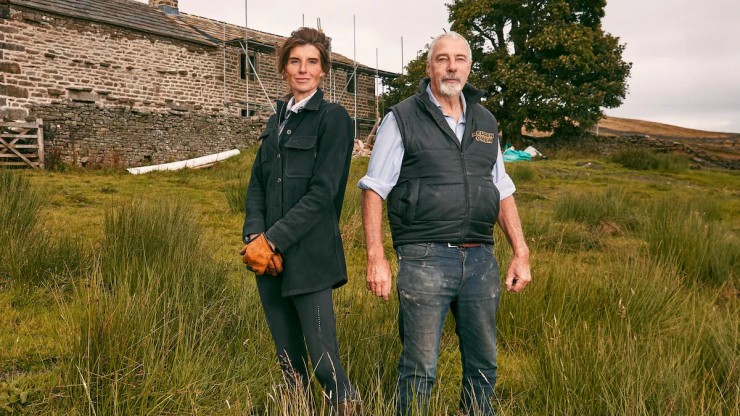Almost a quarter of people in TV leadership roles are privately educated, according to a TV Foundation report intended as the first step to removing class barriers to working in the industry by 2030.
The Foundation’s report, Let’s Talk About Class: Appealing to the UK’s largest TV audience, 22% of leaders in TV are privately educated – three times higher than the UK general population average of 7.5%, or one in 13.
Moreover, 29% of people across the industry come from a working-class background, below the 39% national average, as defined by parents’ professions when an individual was 14.
The report also addresses the intersection of class and protected characteristics.
Someone with a disability from a working-class background is three times less likely to work in a creative occupation than someone who is not, while working-class women are likely to earn significantly less than men.
The report highlights that despite making up the largest potential audience for TV shows, working class viewers often feel underserved on screen, and want authentic representation of their lives across all genres.
The Foundation highlights shows that have successfully offered a working-class perspective, including:
- ‘David and Goliath stories’ - ITV’s Mr Bates vs the Post Office and Netflix’s Toxic Town
- ‘Working class joy and stories of community’ - Channel 4 comedies Derry Girls and Big Boys, BBC2’s Alma’s Not Normal [main picture], BBC1’s Gavin and Stacey and Waterloo Road
- ‘Authentic sense of place and people’ – Netflix’s Adolescence, BBC3’s This Country, BBC1’s Sort Your Life Out, and soap operas EastEnders and Coronation Street
The study is based on responses from 21 of the UK’s biggest indies, major broadcasters and streamers and is the first major project from the foundation’s dedicated unit to make TV more accessible to working class voices, set up in the wake of writer James McGraham’s MacTaggart lecture at last year’s Edinburgh TV Festival.
The Foundation wants first to allow everyone working in TV to feel confident discussing class by 2027, and then to remove all class barriers by 2030.


